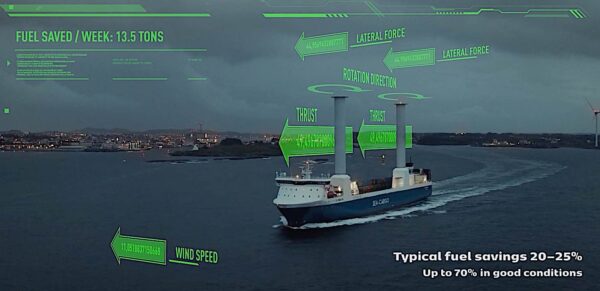The International Civil Aviation Organization (ICAO) announced yesterday that its environmental panel had reached “eagerly awaited” agreement on greenhouse gas emissions standards for airliners and cargo planes. The measure was unanimously recommended by the 170 members of the Committee on Aviation Environmental Protection following six years of talks. It must now be adopted by ICAO’s governing council, which will make it mandatory for all national aviation authorities around the world.
The new CO2 emissions standard, which establishes the first ever binding energy efficiency and emissions reductions targets for the aviation sector, would apply to new aircraft designs as of 2020 and to aircraft currently in production by 2023. A cut-off date if 2028 for production of aircraft that do not comply was recommended. The standard targets a 4 per cent reduction in fuel consumption during an aircraft’s cruise phase, benchmarked against 2015 levels. When fully implemented, the standards could remove more than 650 million tons of CO2 emissions from the atmosphere, the equivalent of removing 140 million cars from the roads for a year.
Critics have pointed out that the newest Airbus and Boeing designs already meet the proposed standards, which they say are not strict enough. The reductions required by the new standard are only one-third or less of what is technically possible for the most advanced fuel-efficient planes. Bombardier, for example, claims that its new C Series jets’ fuel efficiency advantage reduces CO2 emissions by 20 per cent, the equivalent of 6,000 tons per plane, per year. Further, airliners in use today are exempt, meaning that “dirtier” planes can continue to fly.
A lawyer for the Centre for Biological Diversity in the US called the recommendations “dangerously weak,” saying the Obama administration would be under pressure to take greater action. But the White House has already praised the decision, calling it an “important signal” that the international community is ready to implement a market-based approach to reducing aviation emissions.
Meanwhile, Airlines for America (A4A), a leading industry trade organization, has commended ICAO for the move. A4A’s environmental affairs spokesperson, Nancy Young, called the new standards “ambitious” and said they would help the industry make further fuel efficiency and emissions reductions improvements.


































